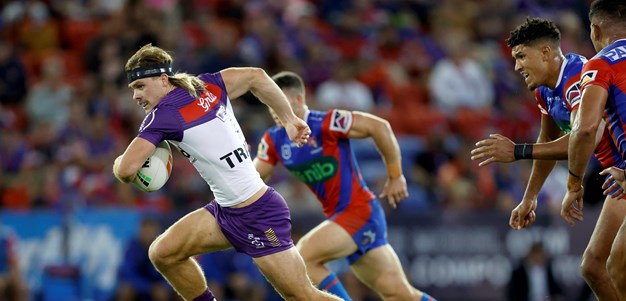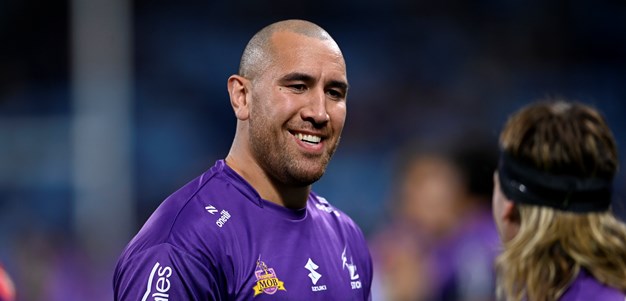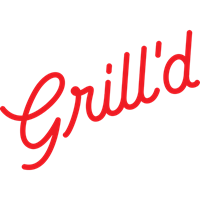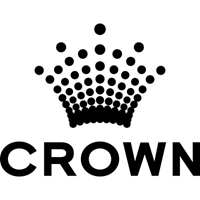
With the Melbourne Storm set to face the Canberra Raiders this Friday night, players will have been not only subjected to gruelling training sessions to get them competition ready but also consciously making meal and snack choices aligned with optimising performance on the field and giving them the best chances of winning the finals.
Written by Accredited Sports Dietitians from Fuel Your Life.
Training sessions usually consist of strength and conditioning as well as skills sessions and it is not uncommon for NRL players to participate in multiple training sessions each day. On top of high energy needs in general, any elite athlete will be able to tell you first hand that good nutrition practices and eating well during competition season is like a natural performance boost on the field.
Players are provided with a range of nutritious options to help fuel performance, rotating different choices across the weeks to prevent flavour fatigue.
What many forget is that different players, and different positions, have different needs. The fullback for example will need a vastly different diet to a Front Row Forward, who will also be very different to a hooker. The important part of nutrition for athletes is meeting their individual needs but the following 4 elements are always a component for each athlete, just in varying amounts.
1. Protein-rich foods such as lean meat, chicken, seafood, eggs, dairy products. These foods are important in maintaining muscle mass and strength gains. There is often an excessive emphasis on meeting protein needs but most Australian adults are easily exceeding targets on a daily basis, elite athletes often have increased needs due to the large amounts of physical activity and training their bodies are exposed to. To optimise protein intake, high quality sources should be spread across meals and snacks for the day, rather than consumed in large portions at the dinner meal alone.
2. Carbohydrate-rich foods such as sweet potato, fruit, rice, oats, and wholegrain products. Carbohydrate needs are generally scaled to training load as they act as a source of energy to fuel training and competition. For example, something like slow cooked lamb shanks in a tomato based sauce would be perfectly nutritious for dinner on a light training day or rest day but serving this on a bed of mashed potato or steamed rice following an intense afternoon training session would help the body recover to ensure performance is on point for an early morning training session the next day.
3. Healthy fats such as olive oil, avocado, nuts/seeds, pesto
This not only makes food taste great but also assists in the absorption of vitamins and minerals in the meal and increases the energy content of the dish to support higher energy demands during periods of heavy training load.
4. Fruit and veg. Aiming to include a range of different coloured fruit and veg each day helps to flood the body with different vitamins, minerals and anti-oxidants to assist with immunity, regularity and keep players in peak health. The overall quality of the diet is one aspect of reducing injury risk and supporting overall good health.
A day on a plate for a heavy training day could look something like this:
· Pre-training snack: smoothie made from fruit, Greek yoghurt, milk and honey.
· Recovery breakfast: bacon and eggs and avocado + toast with a side of fresh mixed fruit salad.
· Morning snack: coffee, mixed nuts and fresh fruit.
· Lunch: BBQ lamb with tzatziki, sweet potato wedges, steamed vegetables and garden salad.
· Pre-training snack: instant oats topped with cinnamon, berries and drizzle of honey.
· Recovery dinner: teriyaki salmon fillets with quinoa salad and steamed greens.
· Supper: Greek yoghurt and natural muesli.
Nutrition is often the forgotten element in optimising performance; however, it has a vital role in recovery, injury prevention and maintaining good immune function. For most team sports, including NRL, mental acuity and quick decision making on the field is vital. Making the right pass to the right person at the right time could be the difference between winning that game and the flow on effect of making it to the finals or not.
Having strategic nutrition practices in place has a significant effect on those aspects of performance. When a player suffers from a cramp mid-match the application of clever sports nutrition science could provide immediate relief for an important player (e.g. shotting pickle juice – yes you read that right). An Accredited Sports Dietitian will always individualise a nutrition plan to the athlete, their position on the team and unique needs.
Fuel Your Life is an award-winning nationwide company with dietitians available to clients in all areas of the country. For more tips, be sure to check out our Instagram page @fuelyourlifeaus, or to find your closest dietitian, get in touch with our team today via our website www.fuelyourlife.com.au.













